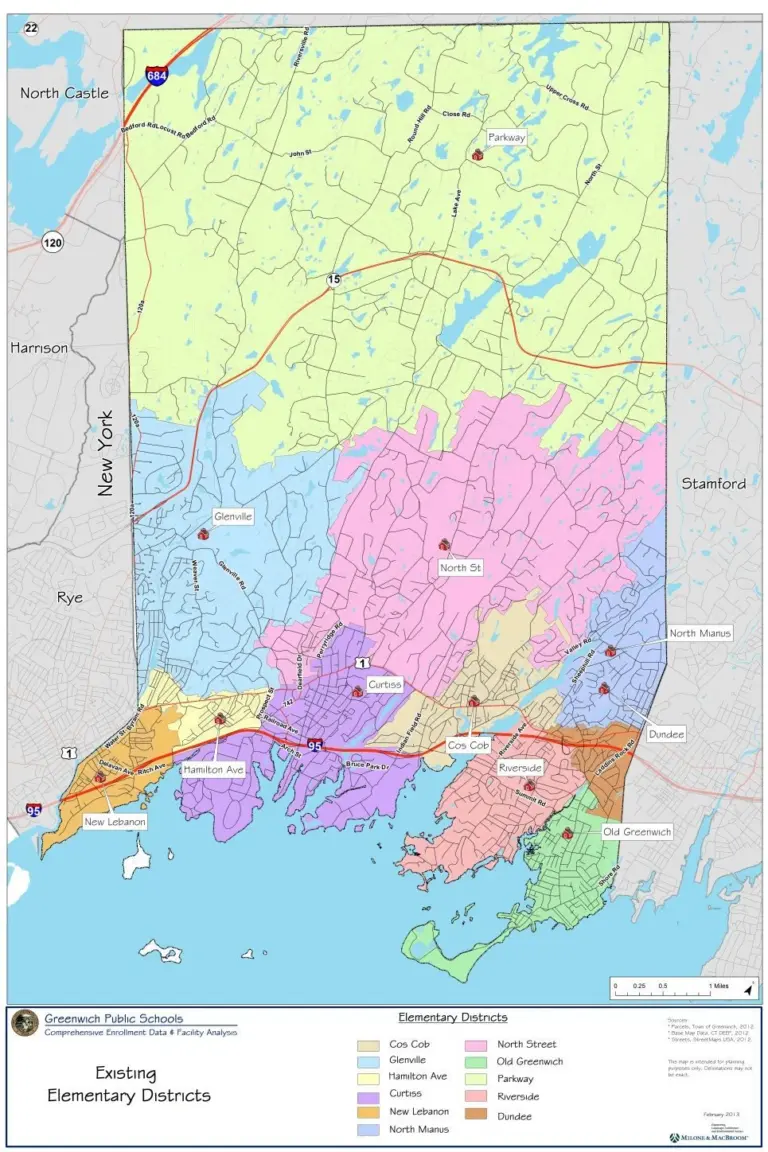
The Board of Selectman decided last Thursday to delay sending a proposal revising the Board of the Education election procedures to the Representative Town Meeting (RTM).
The charter change proposal, which would rework the way Board of Education members are elected, maintains the board’s eight members elected town-wide and serving four-year terms; the difference is the number of seats that will be up for election every two years, and how those members are elected.
As it stands, four members are elected in each cycle, with Democrats and Republicans each assured an equal number of seats. The new system would institute a five-seat/three-seat election cycle every two years with the highest vote getters being seated, regardless of party affiliation. The composition of the board would therefore more directly reflect the will of the voters.
The BOE charter change proposal was made public on March 9, but the specific language codifying it was not presented to the selectmen until the day before their scheduled vote.
One selectman raised concern that the process was being rushed. While First Selectman Peter Tesei rejected that analysis, he did emphasize that the perception of the issue being rushed should be avoided. While postponing the vote to a future meeting, the selectmen did review the numerous public meetings and public hearings held on the matter, more than 20, since public discussion began in May 2015. It is expected the Board of Selectmen will act in time to place the charter change on the RTM’s June agenda.
Prior to delaying the proposal, the selectmen held a public meeting Wednesday to receive input from Greenwich residents. The Town Hall Meeting room was standing room only as proponents and opponents convened to have their voice heard.
The final report to the Board of Selectman by the five-member Charter Revision Committee regarding the Board of Education election process outlined its goals. They are designed to improve four areas of BOE elections:
• competition, to give voters the ability to select among all of the candidates presented, regardless of party or affiliation;
• choice, to establish an election structure that would increase the number of candidates presented to voters;
• voter engagement, to give all voters, including unaffiliated voters, a larger say in the entire selection, vetting and election process;
• and accountability of the members of the Board of Education to the voters.
According to the report, “By a vote of 4-1-0, the Committee recommends that the Town of Greenwich modify the Town Charter to elect three Board of Education members in one municipal election cycle, and five Board of Education members in the other municipal election cycle. Further, the Committee recommends that the Town of Greenwich adopt provisions of the Connecticut General Statutes which allow each political party to nominate, and voters to vote for, the total number of candidates to be elected (i.e., three or five).”
The report went on to say, “This structure allows the electorate to decide whether a balanced or unbalanced Board of Education best serves the Greenwich Public School system. It allows competition among the candidates of the two major parties and it will likely result in more candidates being presented for election.”
Proponents of the measure at the meeting on Wednesday argued that the current system was unfair, since candidates with more votes could be denied seats. They also pointed to failures of the current Board of Education as evidenced, they said, by being unable to retain superintendents and the below-standard scores of many third graders in the school system. They argued that this failure meant there should be changes to the Board of Education.
Proponents included Republican Town Committee (RTC) chairman Stephen Walko, former chairman Edward Dadakis, Board of Education Chairman Peter Sherr, and Randall Smith, a member of the RTC’s executive committee.
Opponents of the measure argued that the status quo of equal party balance should be maintained, insisting that the Board of Education was performing well while asserting the charter change was a power grab by local Republicans. The new procedures, however, allow for either party to earn a majority of Board of Education seats.
Opponents included Democratic Town Committee (DTC) Chairman Jeffrey Ramer, former Democratic BET member William Finger, who also served on the charter change committee, and Democratic Board of Education member Gaetane Francis.




